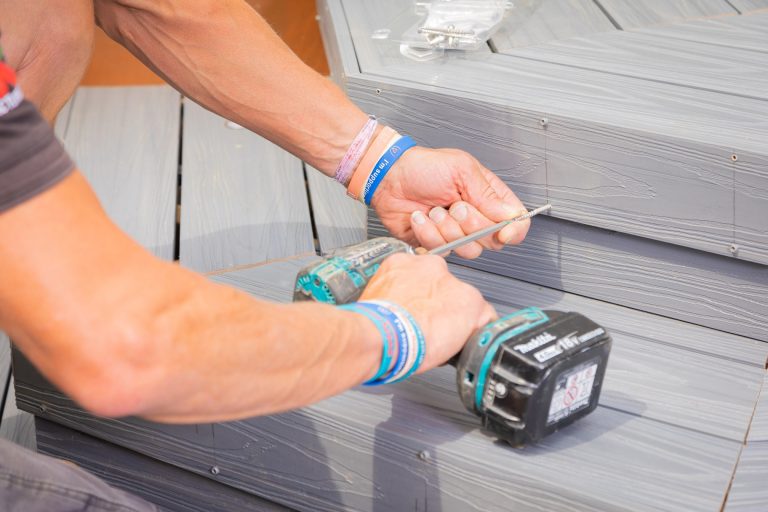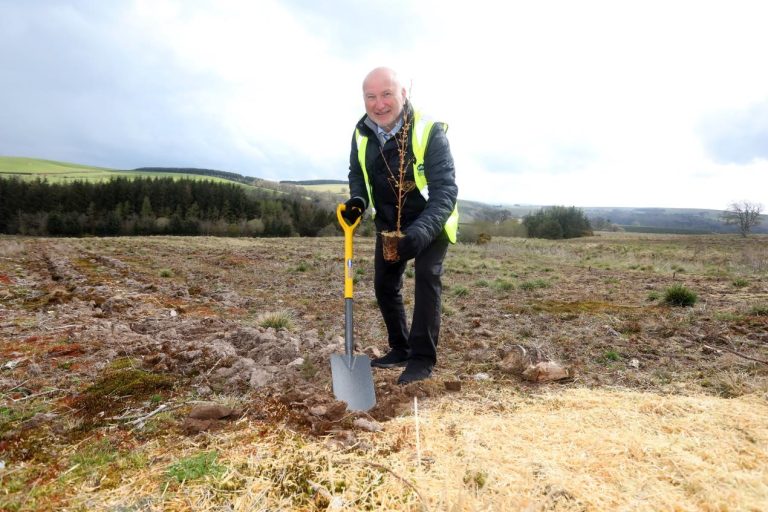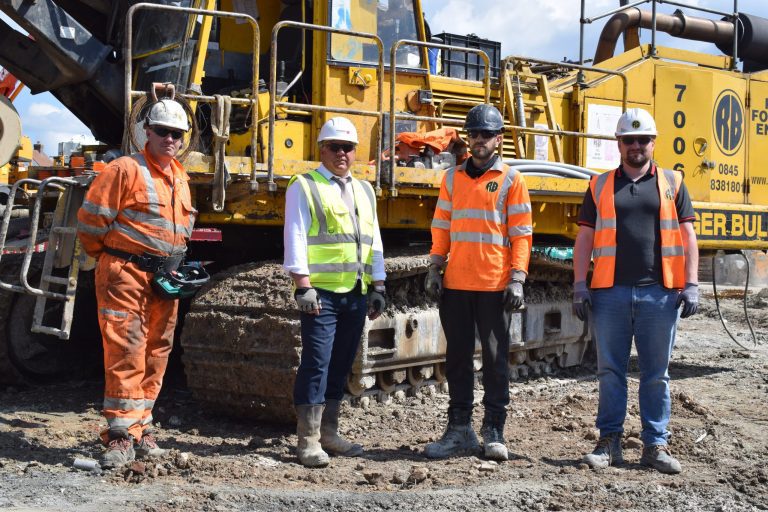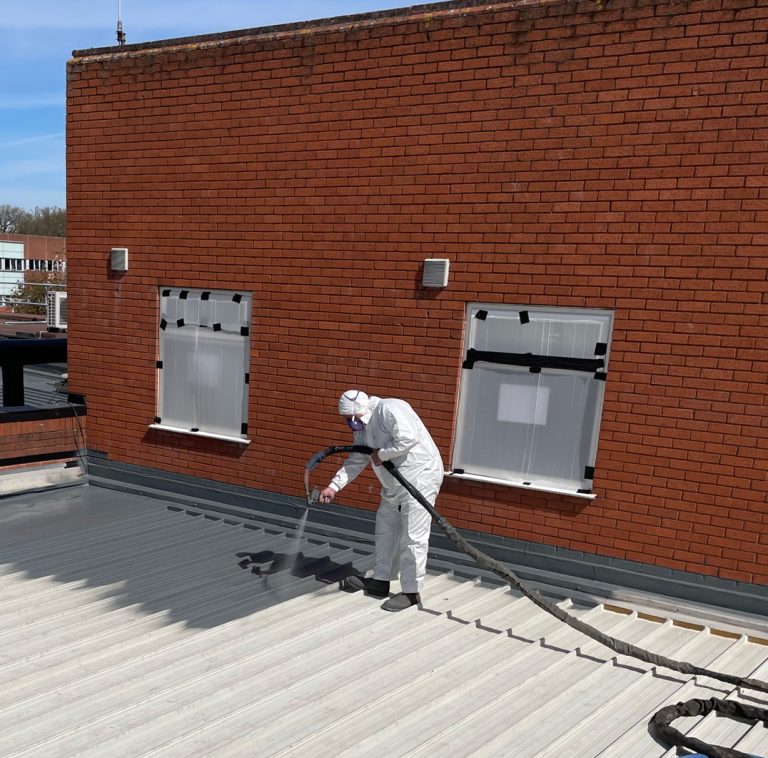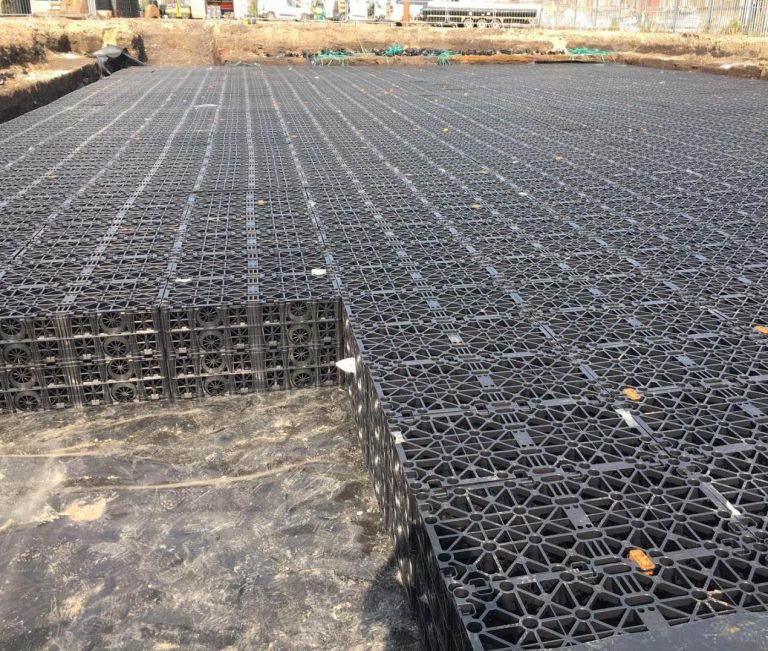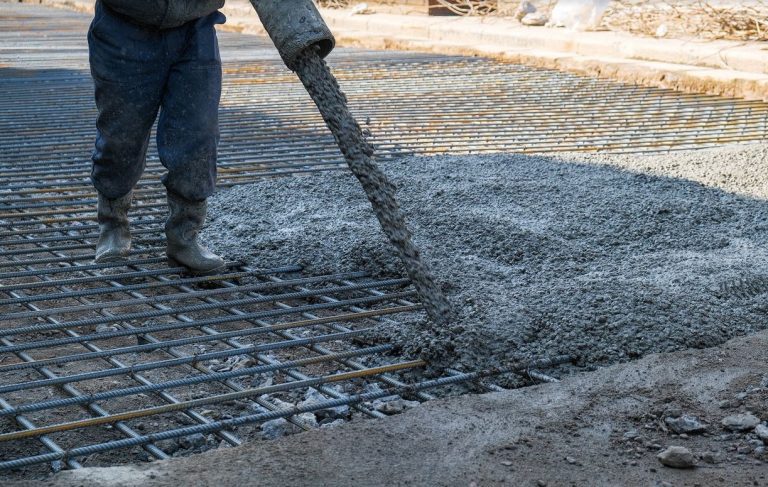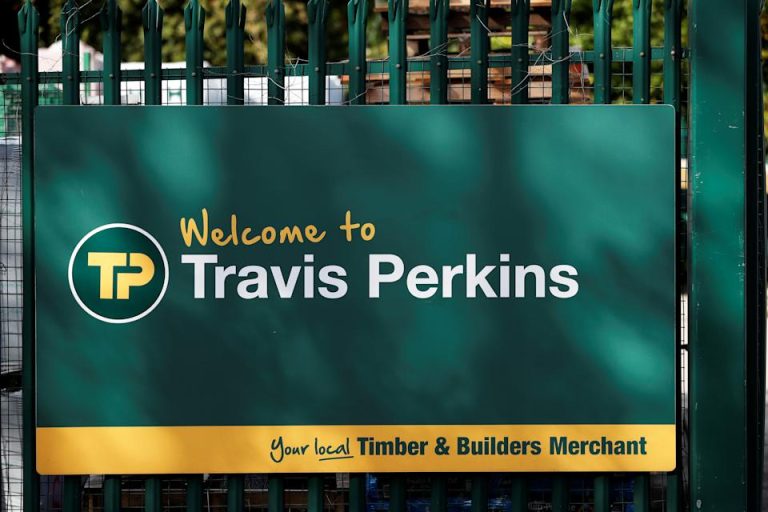If you want a new concrete parking lot or driveway in your home, then you may consider looking for a reliable concrete contractor in your area. It’s always best to look for a local contractor since they’re more knowledgeable about your area’s soil type, plant and tree populations, as well as climate. However, just like hiring other professionals, choosing the right concrete contractor who has significant experience can be an overwhelming process. With a variety of options to choose from, it may be difficult to look for the perfect one for your concrete needs. To help you with your search, here are some tips on how to find a top-rated local concrete contractor: 1. Conduct Research Thoroughly One of the primary ways to help you find the appropriate local contractor for your concrete project is to do thorough research. In today’s modern world, there are various ways to get a nice list of options. These can include: Internet search: With a few Internet searches, you may find an abundant list of potential concrete contractors. For instance, you may use some major search engines like Google, Yahoo, and many more. Family and friends: Ask your family and friends living in the same local area as you. They may have worked with some of the best concrete contractors in your area so they can recommend someone they know and trust. If you’re dealing with damaged concrete in Colorado Springs or wherever you may be located and want it repaired as soon as possible, then the fastest way to find a professional concrete contractor is by researching your options. For instance, you can visit website of concrete companies so you can get information and compare to select the best local contractor among them. 2. Compare Estimates You can also find a top-rated local concrete contractor by requesting detailed estimates from your prospects and comparing them to make a hiring decision. When you check estimates, you’ll have an idea of who you’re dealing with and determine whether they’re a great choice in terms of the following: Pricing: It’s one of the essential things to check in the estimate. Be sure to look not only at the overall price but also the breakdown itself. This means you should examine the costs of the base material, coloring, sealer, reinforcement, concrete thickness, and even the down payment. By checking these things, you’ll know whether the total price commensurate with the detailed breakdown. Specifications: In the contract document, the contractor should also specifically mention the details of the materials to be used, along with a timeline and local suppliers they work with. Moreover, check if the contractor specified how they’re going to tackle the project. If you want to get estimates from contractors who offer stamped concrete to beautify your home, you may want to click here for more information. 3. Check Experience Another way to find an exceptional concrete contractor in your area is to look at professional experience and insurance. This means choosing a professional who has been in the business of making concrete for at least five years as their experience will ensure a good level of reliability and stability. Typically, experienced concrete contractors know exactly what to do by taking an active part in your project and providing insights that can help your concrete project progress smoothly. You can review their portfolio and see samples of their work, especially when it comes to local concrete projects. 4. Request For Contact References Before you choose a local concrete contractor who can help enhance the durability of your outdoor areas and pavements, it’s important to ask them for a list of references. Once you have the list, make sure to contact those references living in your area. This will help you get to know more about your prospects and their work performance. For example, you can ask questions about the type of concrete project they had, the contractor’s level of communication and involvement, the length of the project, and the opinions of the references. After getting all the information, be sure to use them to make a sound decision. 5. Make Sure They Have Insurance It’s also vital to check your prospective contractor’s insurance. Sometimes, things can possibly go wrong while the work is going on. It can be cumbersome to worry and take care of accidents, injuries, or damages that might happen during the project, especially with the expenses that come with these. That’s why you need to make sure the professional you hire carries sufficient insurance coverage. Construction insurance protection can include equipment and tools, crime coverage, protection for their work vehicles. While the insurance is more likely to protect the interest and safety of the contractor and their workers, it’s an indication that your prospective contractor is professionally responsible for their business, which also lessens the burden and worries on your end. 6. Measure The Ease Of Communication Another vital way of finding an exceptional local concrete contractor is to measure their ease of communication. This means considering a professional who has friendly and professional behavior. They should be willing to answer your questions and get back to you on time. If the contractor doesn’t call you back or doesn’t want to answer your questions professionally, consider it as a sign to walk away and look for someone else. Moreover, check whether your potential concrete contractor has a physical office in your area so you can easily go to their office in case online communications aren’t accessible when you need them. The Bottom Line If you’re looking to have a successfully finished concrete project, it’s important to choose the right contractor in your local area. Whether you need some repairs or to build a concrete for your parking area or driveway, you should have a top-rated local concrete contractor who knows how to give the feel and look you want for your concrete surfaces.
